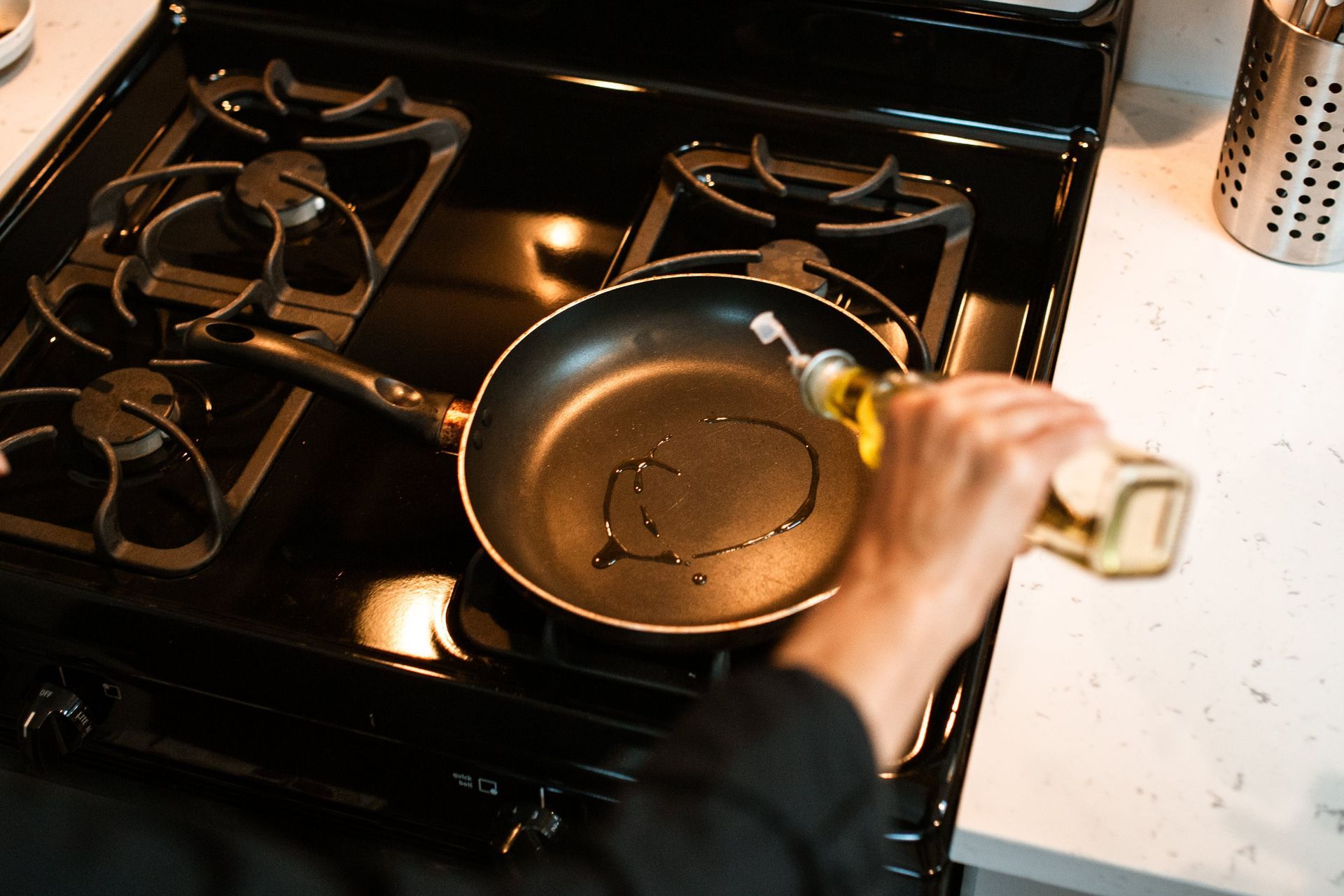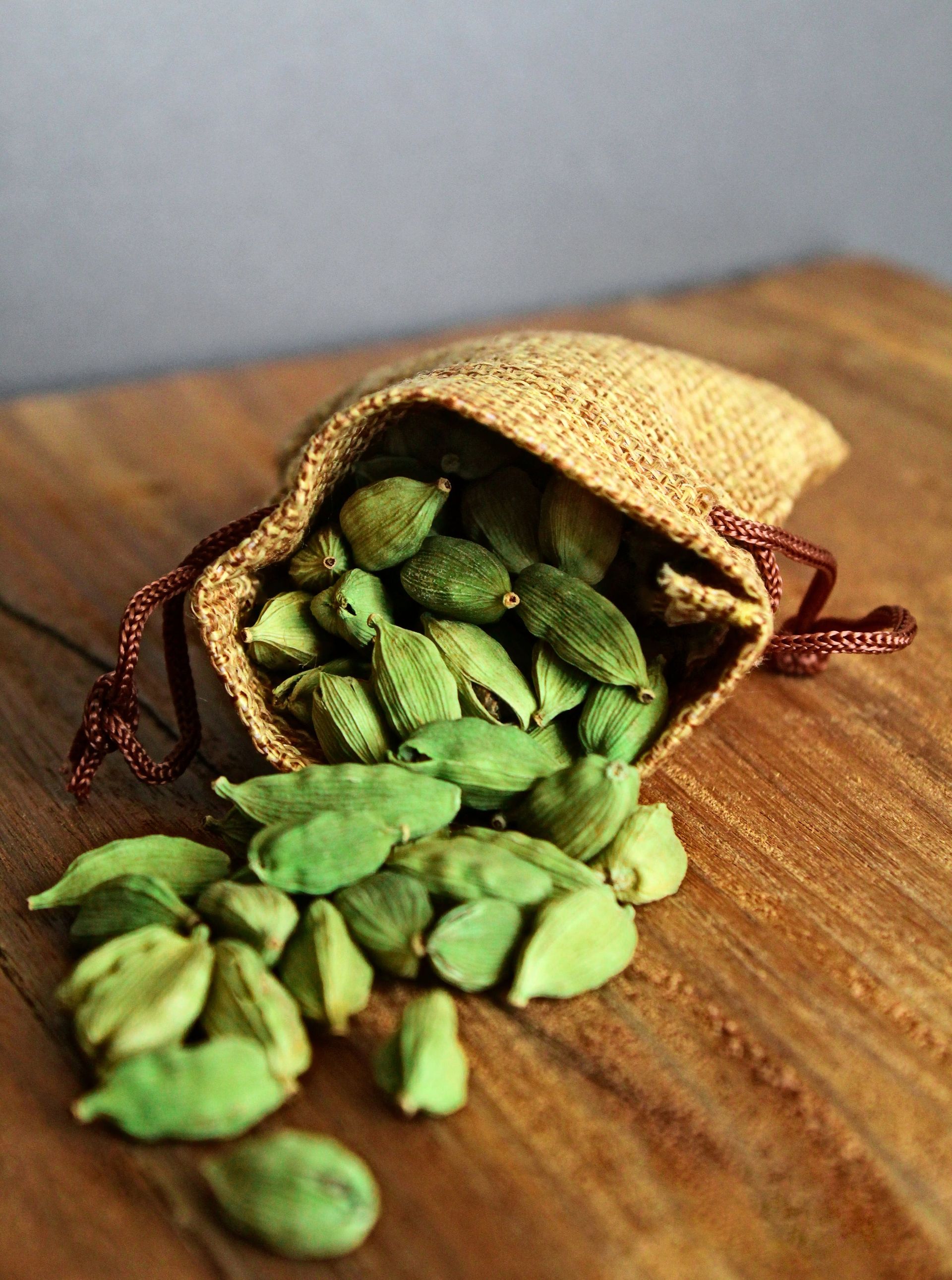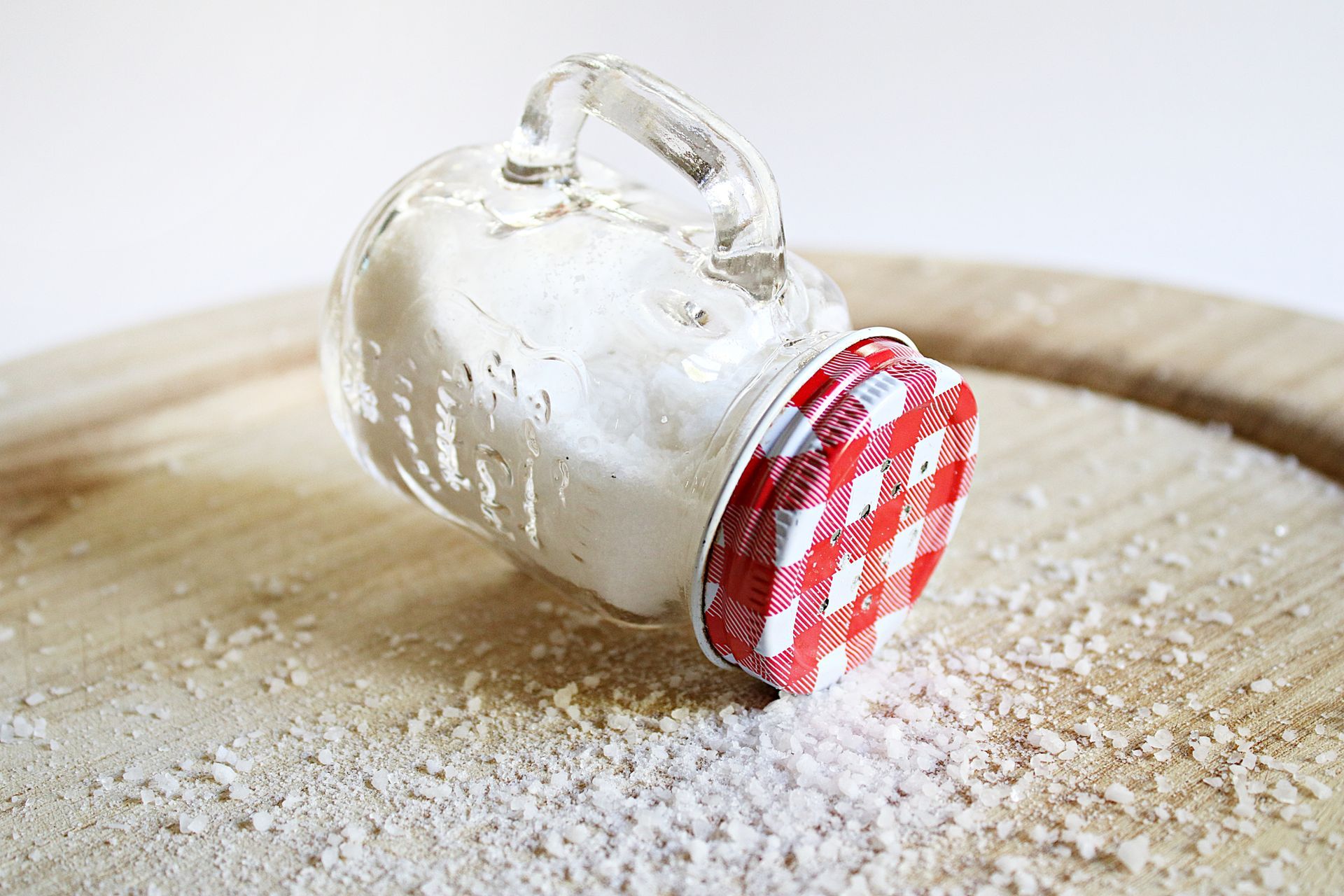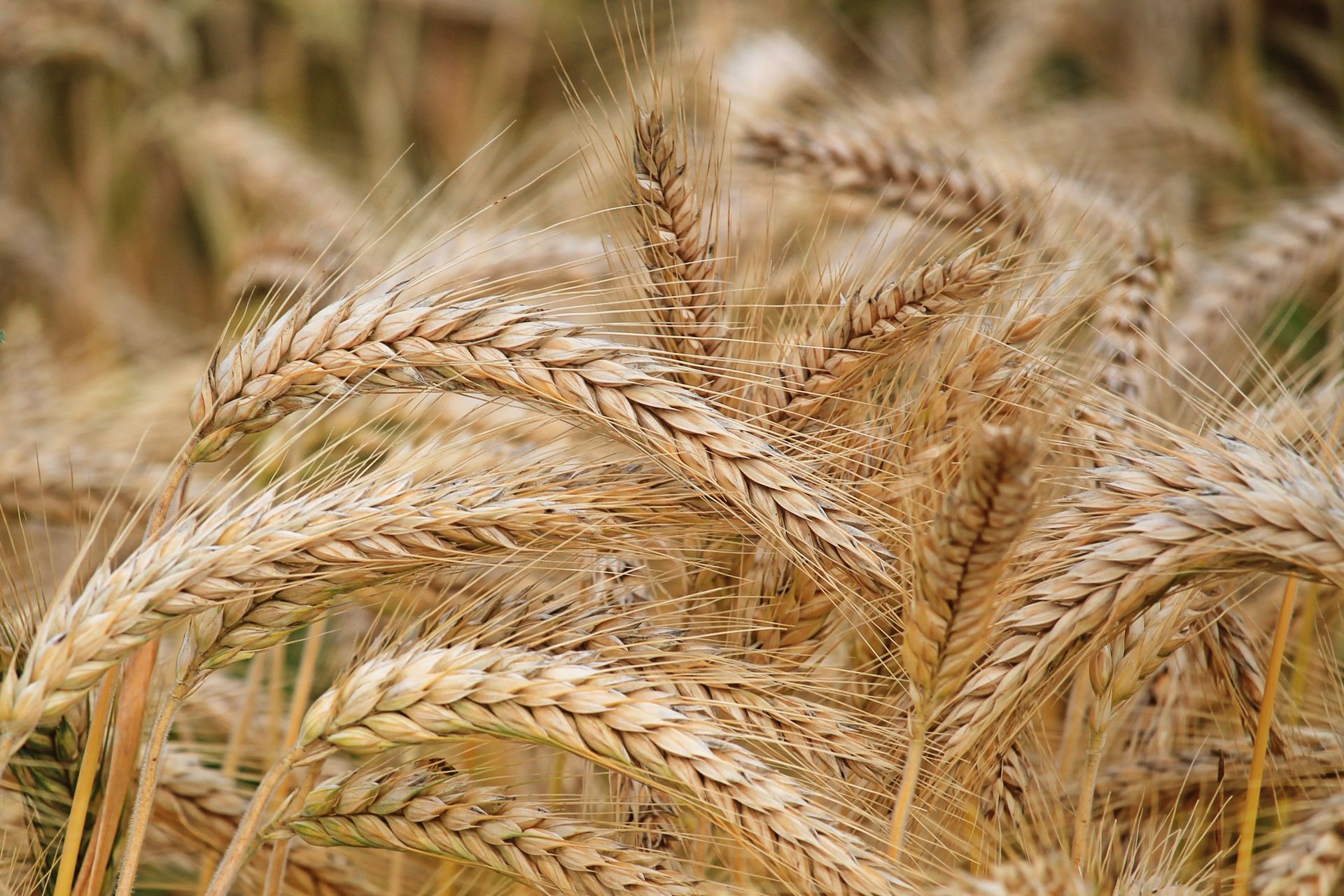Health Benefits Of Sunflower Seeds
Introduction:
Sunflower seeds, the edible seeds harvested from the sunflower plant, have been cherished for their nutritional value and health benefits for centuries. Packed with essential nutrients, these tiny powerhouses offer a multitude of health advantages that contribute to overall well-being. From supporting heart health to promoting healthy skin and hair, sunflower seeds are a versatile and nutritious addition to any diet.
Nutritional Facts:
Sunflower seeds are rich in nutrients that are vital for maintaining optimal health. A one-ounce serving of sunflower seeds (about 28 grams) provides an impressive array of vitamins, minerals, and antioxidants. Here's a breakdown of the nutritional content found in sunflower seeds:
- Protein: Sunflower seeds are an excellent source of plant-based protein, making them a valuable addition to vegetarian and vegan diets.
- Healthy Fats: They contain heart-healthy monounsaturated and polyunsaturated fats, including omega-6 fatty acids, which support cardiovascular health.
- Fiber: Sunflower seeds are a good source of dietary fiber, aiding digestion and promoting satiety.
- Vitamin E: These seeds are one of the best natural sources of vitamin E, a potent antioxidant that protects cells from damage caused by free radicals.
- Minerals: Sunflower seeds are rich in minerals such as magnesium, selenium, copper, and manganese, which are essential for various bodily functions.
Health Benefits:
- Heart Health: The combination of healthy fats, fiber, and antioxidants in sunflower seeds helps lower cholesterol levels, reduce inflammation, and support overall heart health.
- Improved Digestion: The high fiber content in sunflower seeds promotes digestive regularity and helps prevent constipation.
- Brain Health: Vitamin E, found abundantly in sunflower seeds, has been linked to improved cognitive function and reduced risk of age-related cognitive decline.
- Skin and Hair Health: The antioxidants in sunflower seeds, particularly vitamin E, help protect the skin from sun damage and promote healthy hair growth.
- Bone Health: Sunflower seeds are a good source of magnesium, a mineral essential for bone health and strength. Regular consumption may help reduce the risk of osteoporosis.
- Blood Sugar Control: The fiber and healthy fats in sunflower seeds contribute to steady blood sugar levels, making them a suitable snack option for individuals with diabetes.
How to Use Sunflower Seeds:
Sunflower seeds can be enjoyed in various ways, adding flavor, texture, and nutrition to a wide range of dishes. Here are some creative ways to incorporate sunflower seeds into your diet:
- Snacking: Enjoy sunflower seeds as a crunchy and satisfying snack on their own or mixed with nuts and dried fruits.
- Salads: Sprinkle toasted sunflower seeds on salads for added crunch and nutrition. They pair well with leafy greens, vegetables, and fruits.
- Baking: Add sunflower seeds to bread, muffin, and cookie recipes for a nutritious twist. They can also be used as a topping for homemade granola bars.
- Smoothies: Blend sunflower seeds into smoothies for a creamy texture and extra protein boost. Combine them with fruits, yogurt, and leafy greens for a nutritious beverage.
- Trail Mix: Create your own trail mix by combining sunflower seeds with nuts, seeds, dried fruits, and a sprinkle of dark chocolate chips for a satisfying snack on the go.
Conclusion:
Incorporating sunflower seeds into your diet is an easy and delicious way to reap their numerous health benefits. Whether enjoyed as a snack, added to salads, or used in baking, these nutrient-rich seeds offer a convenient way to support overall health and well-being. So, elevate your meals and snacks with the goodness of sunflower seeds and enjoy a healthier, happier you.












